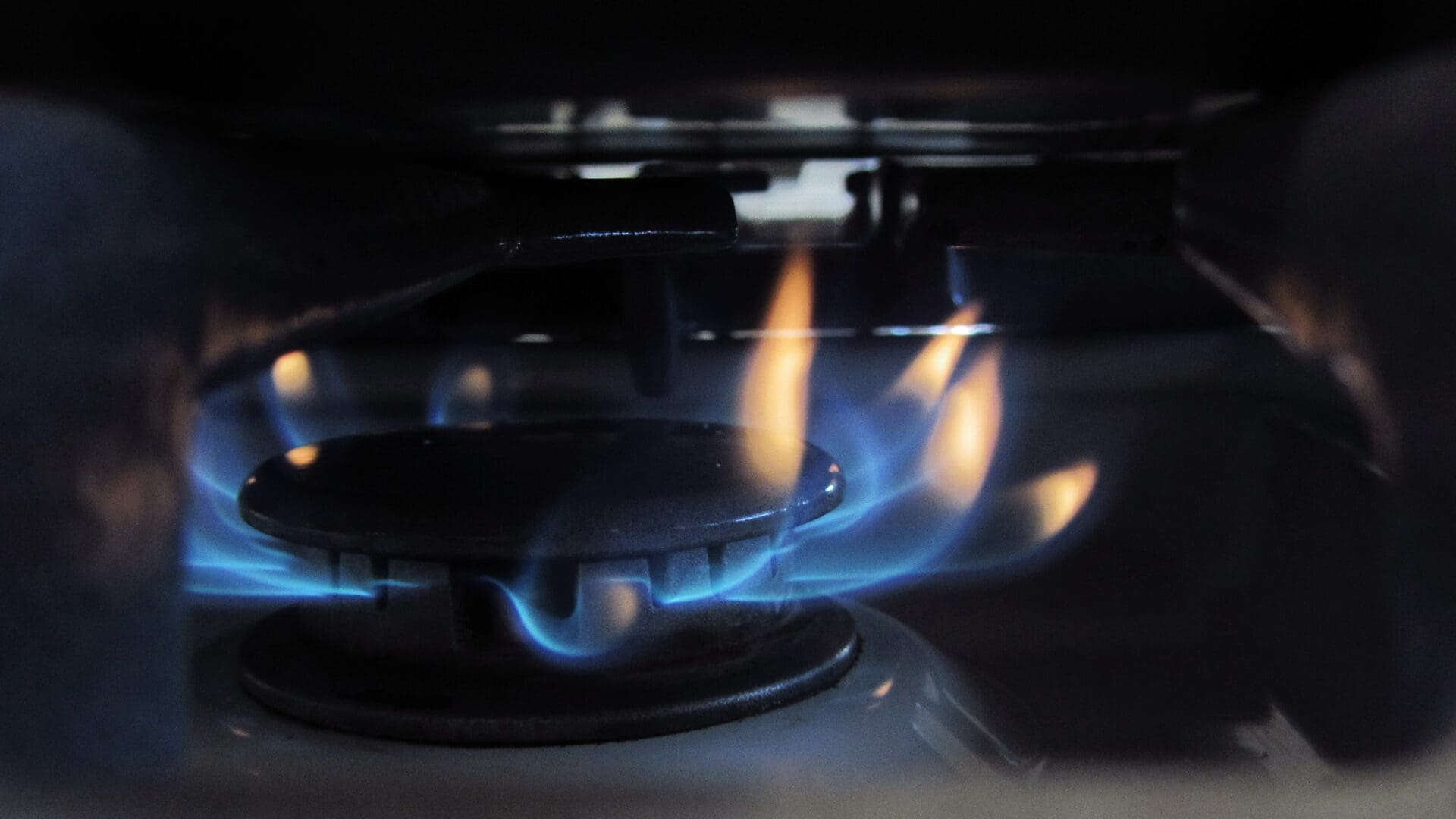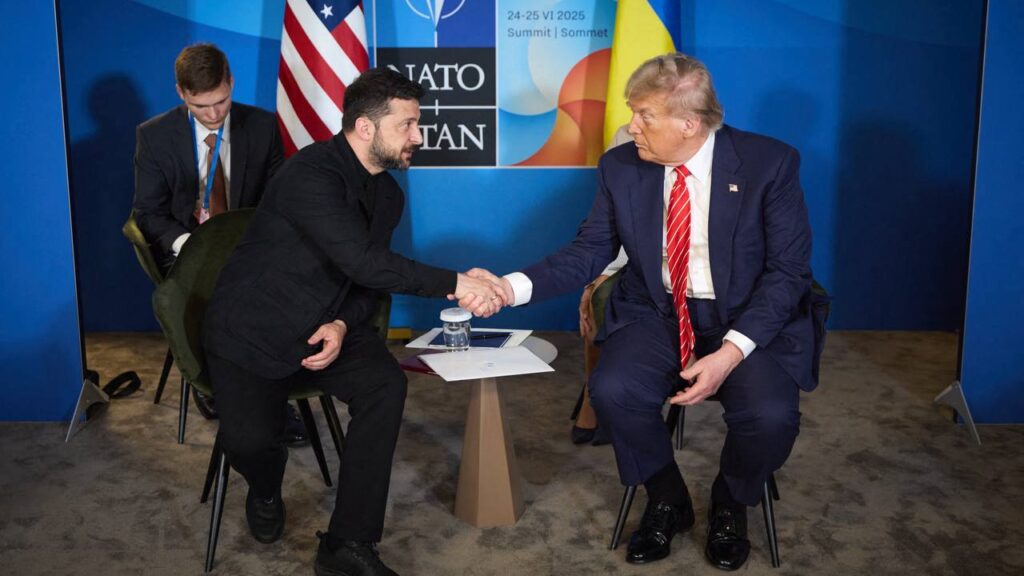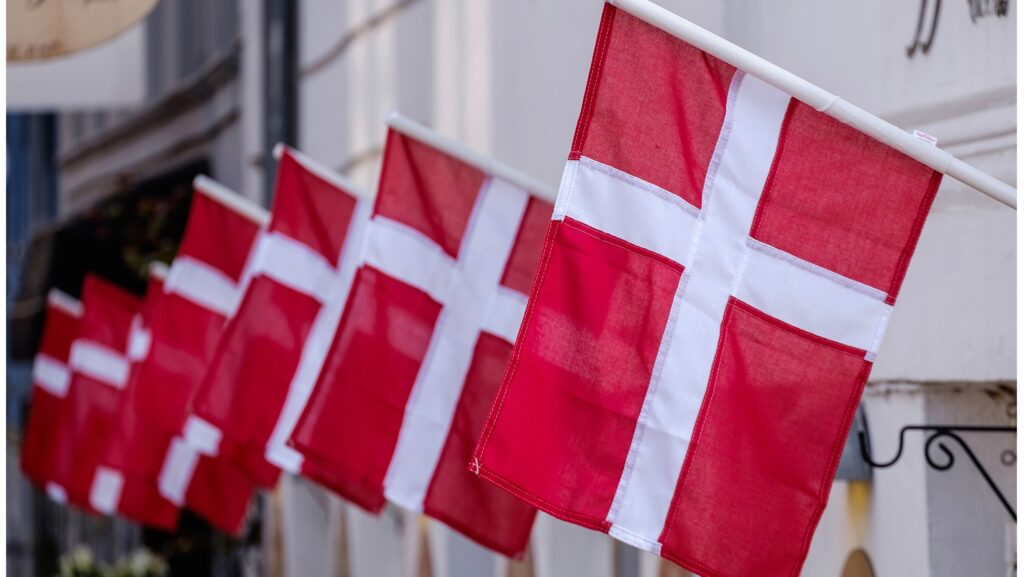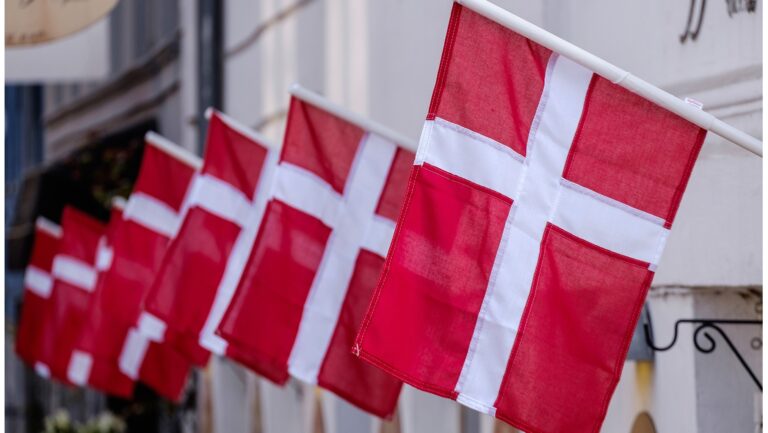In January, the difference between the residential electricity and gas prices in Hungary and the rest of Europe further decreased. This can be explained by the fact that while domestic tariffs are fixed, they more or less follow market price movements in other countries on the continent, which followed a favourable pattern over the past month. However, the status quo has been unchanged for a while:
within the EU, Hungarian electricity and gas tariffs are still the lowest.
In the 27 EU countries, gross residential electricity prices amounted to 30.72 euro cents per kilowatt-hour in January. Meanwhile, gas prices were 28.66 euro cents per cubic metre, according to the Finnish VaasaETT’s data cited by the Hungarian news site Világgazdaság. The company prepares its monthly survey on behalf of the Hungarian Energy and Public Utility Regulatory Authority and Energie-Contor Austria, using data received from the energy authorities and distribution companies of the countries included in the study. The EU average price was 31.74 euro cents in December, while the pan-European average for the 33 capitals was 29.38. The analysis focuses on capital cities, but depending on local regulations, the values obtained may be roughly the same as, or deviate a little from, the national data.
Even so, there is a huge difference between the tariffs of individual countries (more precisely, their capitals): in the European comparison, only non-EU Kyiv had a lower rate than Budapest, which had the most favourable price of 9 euro cents. The EU and European average is more than three times that of Hungary’s. Even in the fourth-best location on the EU list, Zagreb, households are charged one and a half times the Budapest tariff, while households in Rome have to pay the pay more than seven times that, at 63.73 euro cents per kilowatt-hour. After Kyiv and Budapest, the lowest unit prices were identified in Belgrade, Podgorica, Valletta, and the aforementioned Zagreb; while Berliners, Copenhageners, and Dubliners had to pay the most attention to how much electricity they used, after Rome residents.
In Hungary, residential electricity tariffs (along with other utility fees) have been unchanged for years.
Several other governments have also intervened to protect their citizens from the effects of rising electricity prices since the fall of 2021, which spiralled out of control last year.
VaasaETT lists nine capitals where the gross residential price has decreased, with seven of them being due to the market price of electricity, three due to lower energy taxes, one due to a price cap and a decrease in distribution fees, and one without explanation from the Finnish company (several reasons could have been at play simultaneously in one capital). At the same time, households in ten capital cities still faced rising prices, partly due to local energy prices and increases in distribution fees. In one case, the rise was due to the end of the temporary VAT reduction. Rome had to endure the largest increase (21 per cent), while Amsterdam saw the largest decrease.
In conclusion, despite the sanctions and the war driving up energy prices, the Hungarian measures to combat inflation and price increases are undeniably working. While EU countries scramble to look for new avenues to import electricity and gas, the Hungarian plans and contracts are working ideally, reducing prices for their people. Although the government had to introduce a limit on how much discounted utility usage is allowed per household in the country, reports have shown that most households are able to stay below that limit. Thus, Hungarians still pay a fraction of the utility prices that are being charged in other EU capitals.








